
Job Description: Recycling Coordinator (NJ)
/resource/job-description-recycling-coordinator
New Jersey Civil Service Commission

Job Description: Water Resource Specialist (Adams12)
/resource/job-description-water-resource-specialist-adams12
Adams 12 Five Star Schools
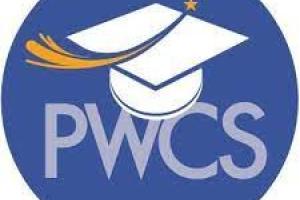
Job Description: Energy Management and Sustainability Supervisor (PWCPS)
/resource/job-description-energy-management-and-sustainability-supervisor-pwcps
Prince William County Public Schools
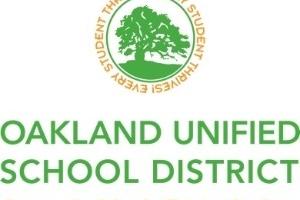
Job Description: Sustainability & Energy Efficiency Program Manager (OUSD
/resource/job-description-sustainability-energy-efficiency-program-manager-ousd
Oakland Unified School District
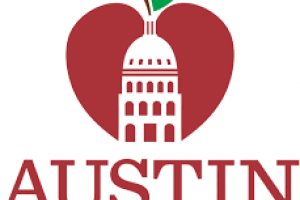
Job Description: Outdoor Learning Specialist (AISD)
/resource/job-description-outdoor-learning-specialist-aisd
Austin Independent Public Schools

Job Description: Energy Manager (ECPS)
/resource/job-description-energy-manager-ecps
Escambia County Public Schools

Job Description: Director of Environmental Compliance and Sustainability (OCPS)
/resource/job-description-director-environmental-compliance-and-sustainability-ocps
Orange County Public Schools
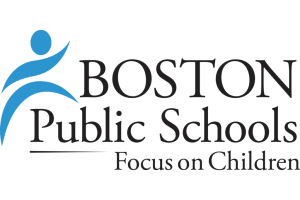
Job Description: Sustainability, Energy, and Environment Program Director (BPS)
/resource/job-description-sustainability-energy-and-environment-program-director-bps
Boston Public Schools
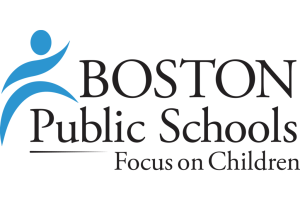
Job Description: Outdoor Teaching and Learning Coordinator (BPS)
/resource/job-description-outdoor-teaching-and-learning-coordinator-bps
Boston Public Schools
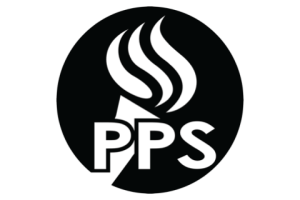
Job Description: Climate Resiliency Manager (PPS)
/resource/job-description-climate-resiliency-manager-pps
Portland Public Schools
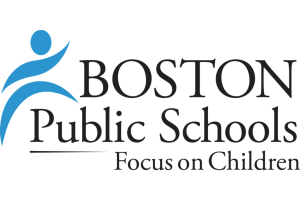
Job Description: Zero Waste and Sustainability Coordinator (BPS)
/resource/job-description-zero-waste-and-sustainability-coordinator-bps
Boston Public Schools
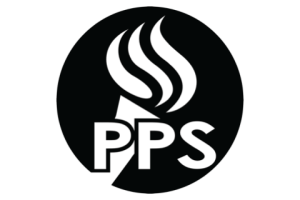
Job Description: Sustainability Program Manager (PPS)
/resource/job-description-sustainability-program-manager-pps
Portland Public Schools
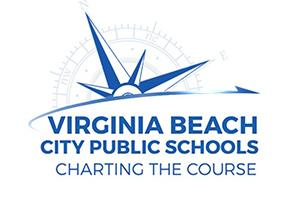
Job Description: Sustainability Coordinator (VBCPS)
/resource/job-description-sustainability-coordinator
Virginia Beach City Public Schools
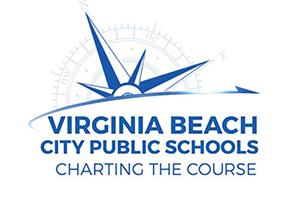
Job Description: Sustainability Officer
/resource/job-description-sustainability-officer
Virginia Beach City Public Schools
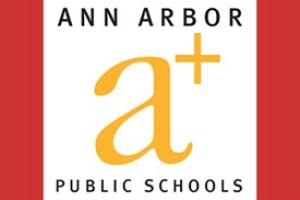
Job Description: Executive Director of Environmental Sustainability
/resource/job-description-executive-director-sustainability
Ann Arbor Public Schools
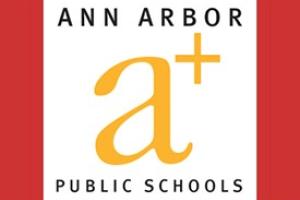
Job Description: Manager Environmental Sustainability
/resource/job-description-manager-environmental-sustainability
Ann Arbor Public Schools

Job Description: Director of Sustainability
/resource/job-description-director-sustainability
Newark Academy

Job Description: Sustainability Director
/resource/job-description-sustainability-director
Hawaii Preparatory Academy

Job Description: Sustainability and Environmental Education Director
/resource/job-description-sustainability-and-environmental-education-director
Princeton Day School

Job Description: Sustainability Coordinator
/resource/job-description-sustainability-coordinator-evergreen
The Evergreen School
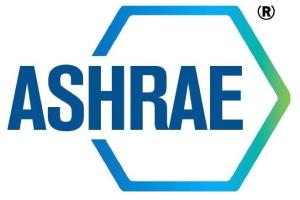
Design Guidance for Education Facilities: Prioritization for Advanced Indoor Air Quality
/resource/design-guidance-education-facilities-prioritization-advanced-indoor-air-quality
ASHRAE
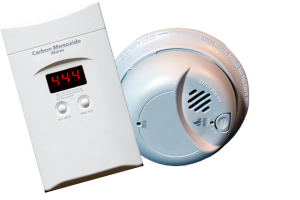
Low-Cost Air Pollution Monitors and Indoor Air Quality
/resource/low-cost-air-pollution-monitors-and-indoor-air-quality
U.S. Environmental Protection Agency
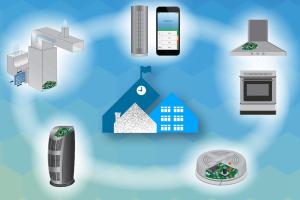
Air Sensor Technology and Indoor Air Quality
/resource/air-sensor-technology-and-indoor-air-quality
U.S. Environmental Protection Agency

K12 Education and Climate Provisions in the Inflation Reduction Act
/resource/k12-education-and-climate-provisions-inflation-reduction-act
Aspen Institute/World Resources Institute
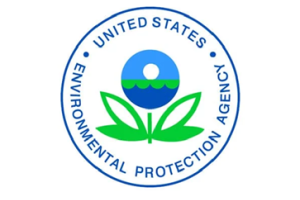
Healthy School Environments
/resource/healthy-school-environments-0
U.S. Environmental Protection Agency
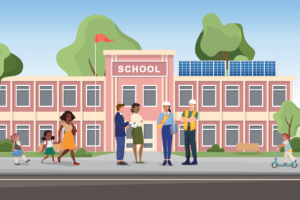
Grants for Energy Improvements at Public School Facilities
/resource/grants-energy-improvements-public-school-facilities
U.S. Department of Energy
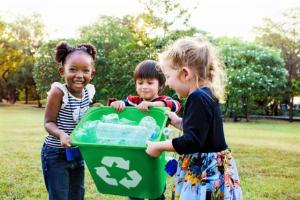
The Bipartisan Infrastructure Law: Transforming U.S. Recycling and Waste Management
/resource/bipartisan-infrastructure-law-transforming-us-recycling-and-waste-management
U.S. Environmental Protection Agency
